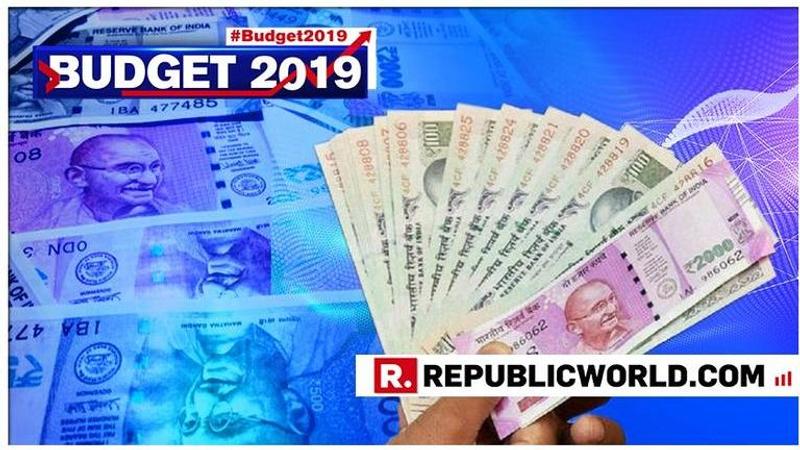Published 07:27 IST, February 1st 2019
Budget 2019: What is fiscal deficit and why is it important? Here's all you need to know
Fiscal deficit is one of the most often terms used when the Budget or the Economy is discussed. Here is an all you need to know about the term and the significance of fiscal deficit.

Fiscal deficit is one of the most often terms used when the Budget or the Economy is discussed. Here is an all you need to know about the term and the significance of fiscal deficit.
Fiscal deficit is the difference between the total revenue and total expenditure of the government. This excludes the borrowings of the government. It indicates borrowings require by the government.
If fiscal deficit can be explained by an equation it would be:
Fiscal deficit = Total expenditure – Total receipts excluding borrowings = Borrowing
Meaning if we add borrowing to the total receipts in the equation, the fiscal deficit would be zero.
The degree of fiscal deficit shows how far the government is spending beyond its means.
A fiscal deficit occurs due to revenue deficit, a major hike in capital expenditure.
It is financed via borrowing via the RBI or by raising money from capital markets through different instruments such as treasury bill and bonds.
What happens when the government has a fiscal deficit:
Debt Trap:
In order to finance the fiscal deficit, the government has to borrow which creates an issue of repayment of loans and payment of interest. If the borrowing by the government rises, its liability in future to repay loans amount with interest thereon also increases.
Payment of interest raises the revenue expenditure which leads to higher revenue deficit.
This could lead to a cycle of borrowing to pay for loan interest leading to a debt trap
Wasteful expenditure:
High fiscal deficit usually leads to wasteful and unnecessary expenditure by the government. It could lead to inflationary pressure on the economy.
Inflationary pressure:
When the government borrows from RBI, the central banks have to meet the demand by printing more currency notes, which causes increase in the circulation of more money. This could result in inflationary pressure in the economy.
Partial use:
The borrowing which is used to cover the fiscal deficit is not used for expenditure as just the primary deficit i.e fiscal deficit-interest payment is available for financing expenditure.
Only primary deficit i.e. fiscal deficit minus the interest payment is available for spending.
Updated 07:51 IST, February 1st 2019




